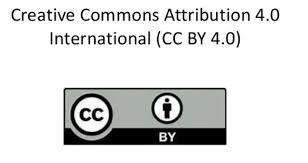Evaluating the impact of climate-smart agriculture practices on yield among smallholder maize and sorghum farmers in northern Ghana
DOI:
https://doi.org/10.47440/JAFE.2024.5310Keywords:
food security, adaptation, mitigation, resilience, multinomial treatment effects, sustainable agriculture climate changeAbstract
This study evaluates the impact of climate-smart agricultural practices (CSAP) on yield and income among smallholder farmers in Northern Ghana. Understanding the impact of CSAPs on maize and sorghum yield and income is crucial for enhancing agricultural productivity, boosting the region’s economy, and ensuring food security. Data were collected through questionnaires from 1000 farmers. Multinomial endogenous treatment effects were used to examine the impact of CSAP adoption on the yield and income of maize and sorghum farmers. The study reveals that climate-smart agriculture practices like chemical fertiliser conservation agriculture, intercropping, and joint adoption significantly improve maize and sorghum yields and farmers’ incomes. This is worrying given the effects of excessive reliance on chemical fertilisers on soil and environment. The government’s active investment in research, capacity building, and infrastructure development to facilitate the widespread adoption of these practices in Northern Ghana is highly recommended.






 Publisher:
Publisher: 